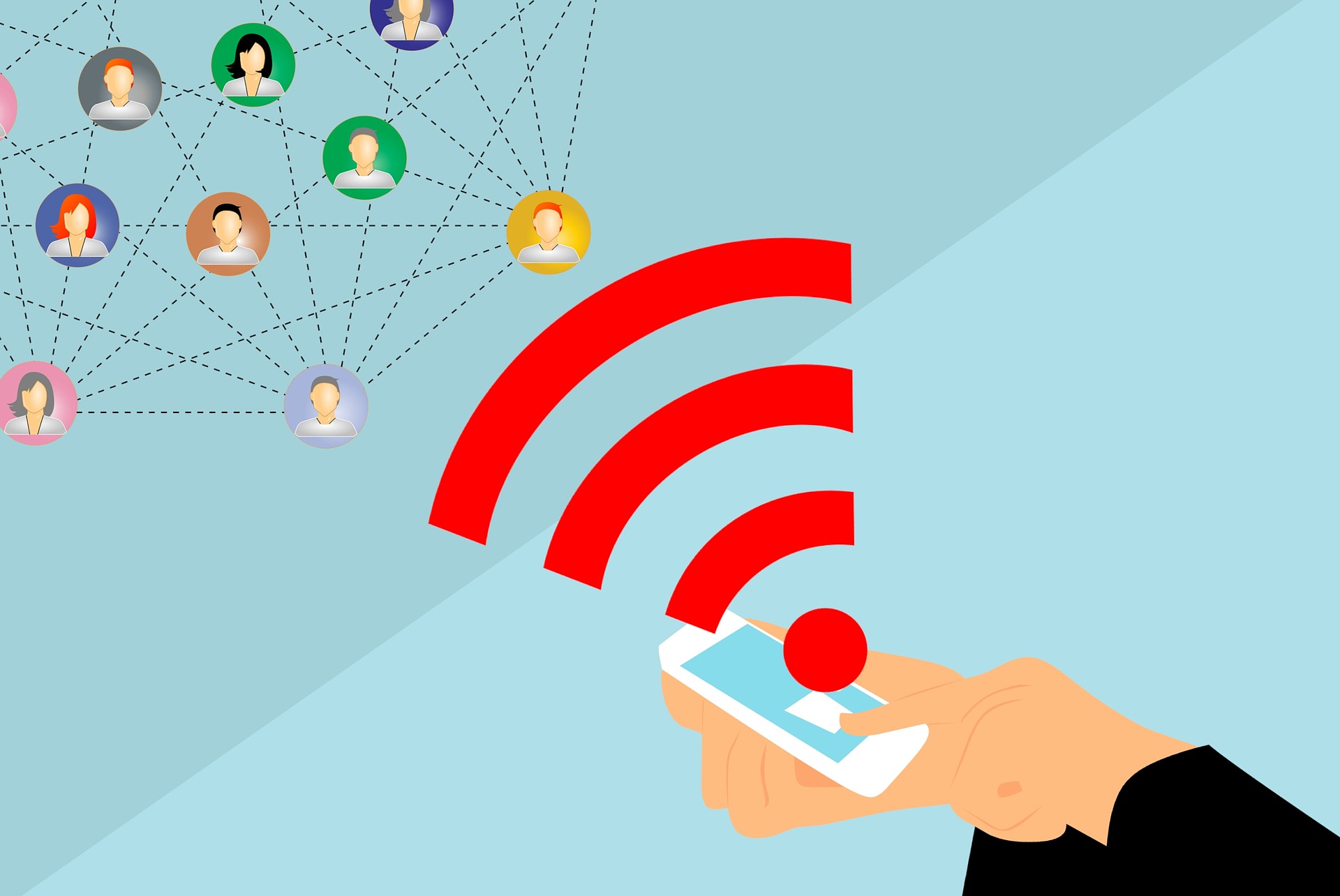 By: Steven Boyne
By: Steven Boyne
THE FRACTIONAL GENERAL COUNSEL
This question is a redundant question, if it is my intellectual property, then by definition – I own it. True, but this question raises important issues that employers need to worry about – ownership of intellectual property. The general rule is that if your employees create intellectual property while they are working for you, the employer will own it. So, for example, if your office manager takes some pictures around the office and creates personal bios of your employees and puts that information on your website then you own that information. However, what if they created that information at night while they were not at work and technically you were not paying them? Well, now we are getting into a greyer area. So, my recommendation is to avoid this issue, by updating your HR manual to state that you own the intellectual property, and not your employees. Continue reading



 By:
By: 
 By:
By: 
 By:
By: 
 By:
By:  June 1, 2020 – Florida Healthcare Law Firms adds experienced attorney
June 1, 2020 – Florida Healthcare Law Firms adds experienced attorney 
 By:
By: 
 By:
By: 
 By:
By: